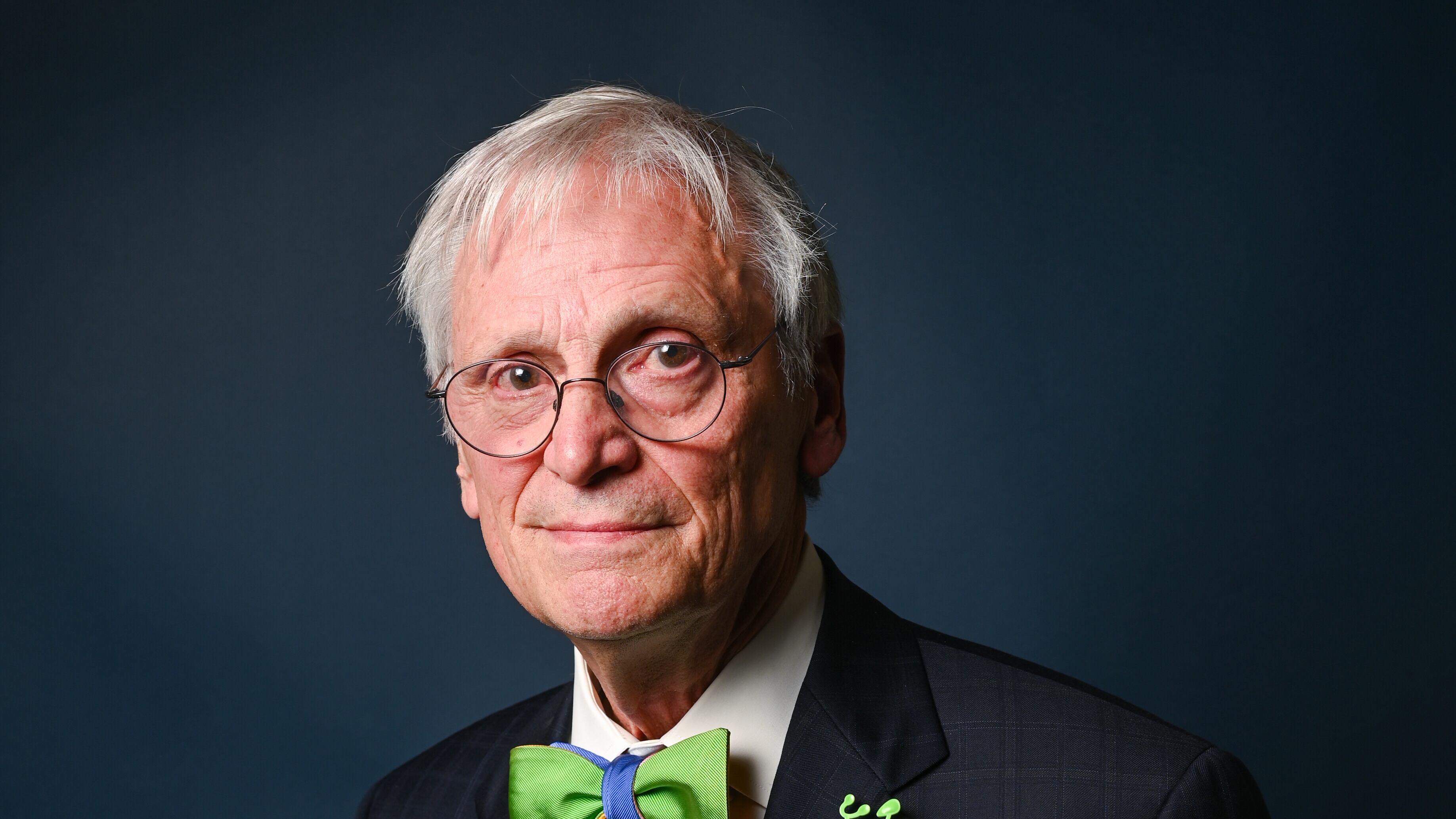U.S. Rep. Earl Blumenauer (D-Ore.) will retire after next year rather than seek a 15th term.
“I’m not certain that two more years in Congress in this climate is the best way to deal with things I care about,” Blumenauer says.
First elected to the Oregon House in 1972, Blumenauer, 75, served on the Multnomah County Board of Commissioners and the Portland City Council. He won election to Congress in 1996.
The safety of his overwhelmingly Democratic, mostly Portland district afforded Blumenauer the latitude to range widely. In addition to transportation, he focused on climate issues, cutting agricultural subsidies, legalizing cannabis, increasing research into neuroscience, and fixing the nation’s flood insurance policies.
In an exclusive interview with WW to announce his decision Oct. 30, Blumenauer mulled his catholic interests and concluded that a lack of focus undercut his ability to pass bills.
“I’m in the process of going through one of the big mistakes I have made in the course of my congressional career, being involved with too many issues,” he says.
He pledges to change that. “I’m leaving Congress because I want to be able to be more present in my community,” Bluemauer says. “And if somebody thinks I have something to offer, I’m willing to try and help.”
Here are highlights from our interview:
WW: What are the issues that you really want to focus on in retirement?
Blumenauer: I spent a lot of time trying to make Portland one of the most livable communities in the country. And I think there’s some significant success, but I don’t think that’s the case now. I don’t want to overstate the case, but we’re going into a very difficult period. We have a completely untested new form of government that is creating more questions than answers. There’s going to be a lot of churn, and nobody has any idea who’s going to be there. And it was structured to promote diverse voices to be represented in the community. There’s merit to that, but it was not structured to get anything done.
Sounds like you want to spend some time helping fix this issue?
I plan on being a community resource. And if I find things that I think I can make a difference, I’ll offer them up.
Might you run for mayor?
No. I’ve been there. I’m not going to be in the meat grinder with everything I do being challenged. Leaving one dysfunctional space to come back to a new space without being clear what role somebody would play or even what’s going to happen…no.
Will you work as a paid lobbyist?
It’s not in my game plan.
Earlier this year, you and Gov. Tina Kotek sent a letter to city and county officials calling for an addiction czar. Are you satisfied with their response?
I’ve dealt with six governors, and I’ve never seen somebody as focused on helping the metropolitan area as Tina. She’s really been there with money, chalk and marbles, pushing for accountability in a way I find heartening. And in a small way, I wanted to help her. Was I satisfied with the response? No. We were looking for a plan and somebody in charge.
So what are you going to do about that?
The problem in terms of dealing with the behavioral health challenges is not a lack of resources. We’ve got more resources than we’ve ever had, and arguably probably more resources than we’re going to have in the foreseeable future. We’ve got to figure out how we actually spend it. Let me be clear, I think these [local elected officials] have it much more difficult than the years I spent in local government. But there are other aspects of this in terms of actually being clear about making decisions.
Many elected officials have to be dragged out of office. What’s the upside of choosing to retire?
I’m not going to be on airplanes every week. And I’m not going to have everybody second-guessing every choice I make and putting the worst interpretation on it—and, in some cases, being screamed at from people on multiple sides of the same issue. I’m 75 years old. I have been doing this for 50 years, and there was a time when it didn’t bother me so much that people were going to criticize and undercut and do things that are unfair. I don’t need it.
Is there an aspect of this job that you will look back on with fondness?
Oh, absolutely. Part of it is the certified smart young people, probably 500 of them. And the people in this community deserve better, but they’ve been very good to me.
